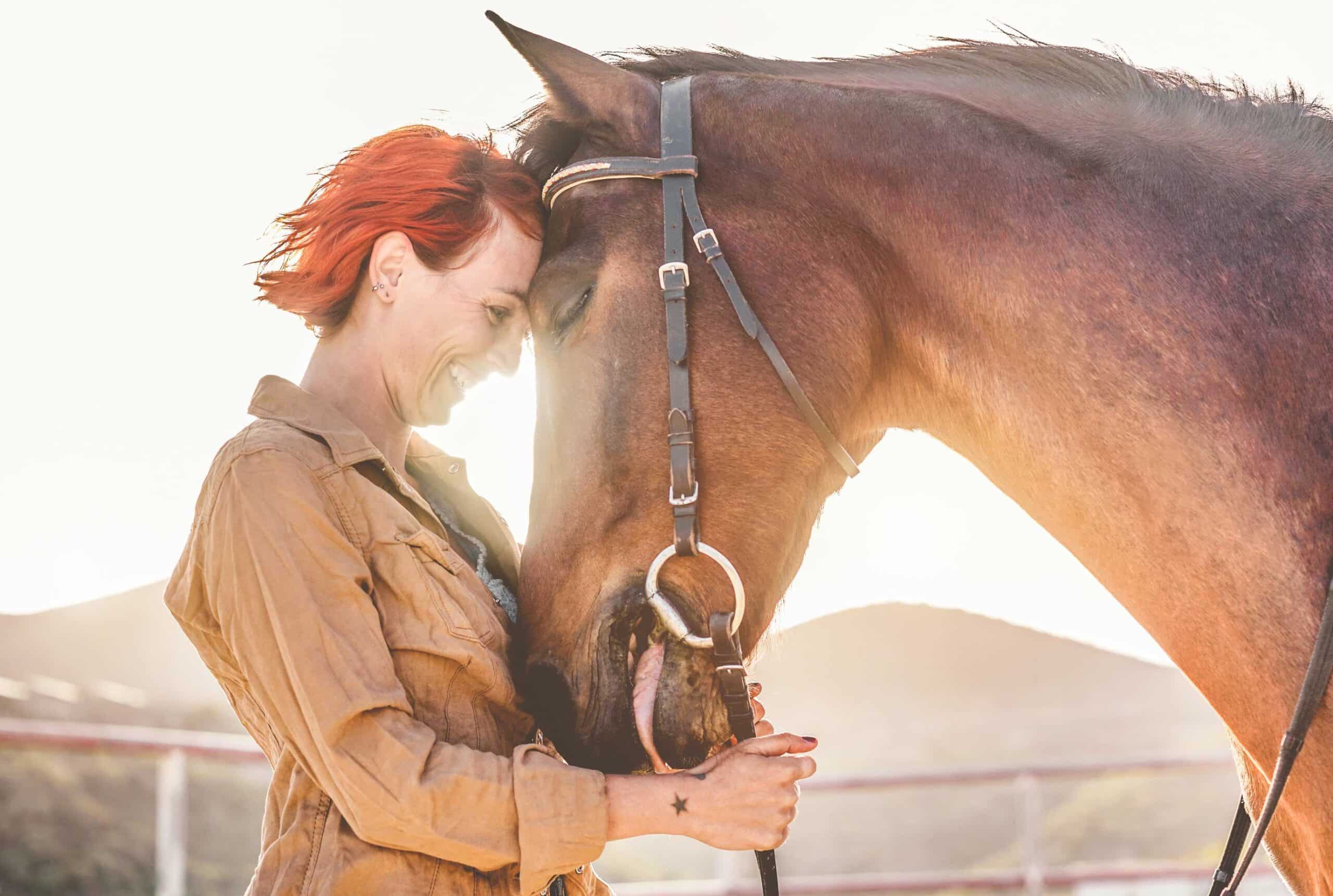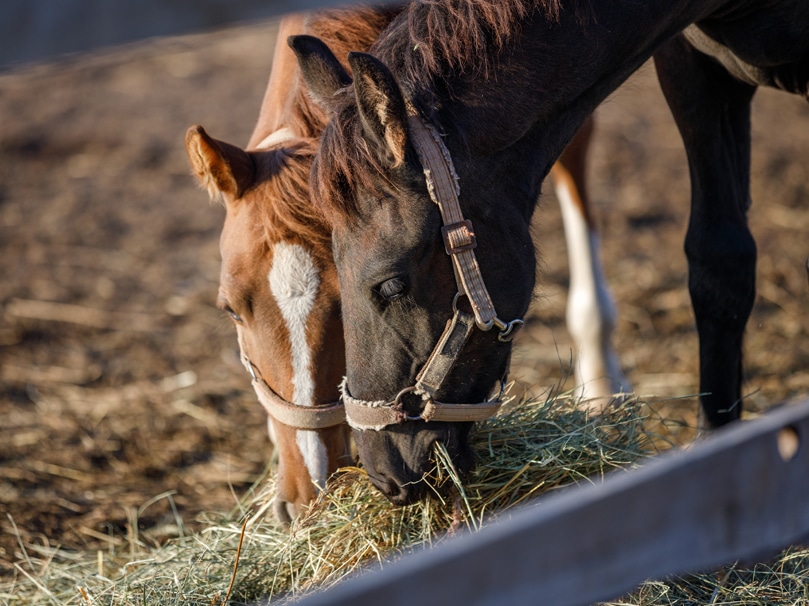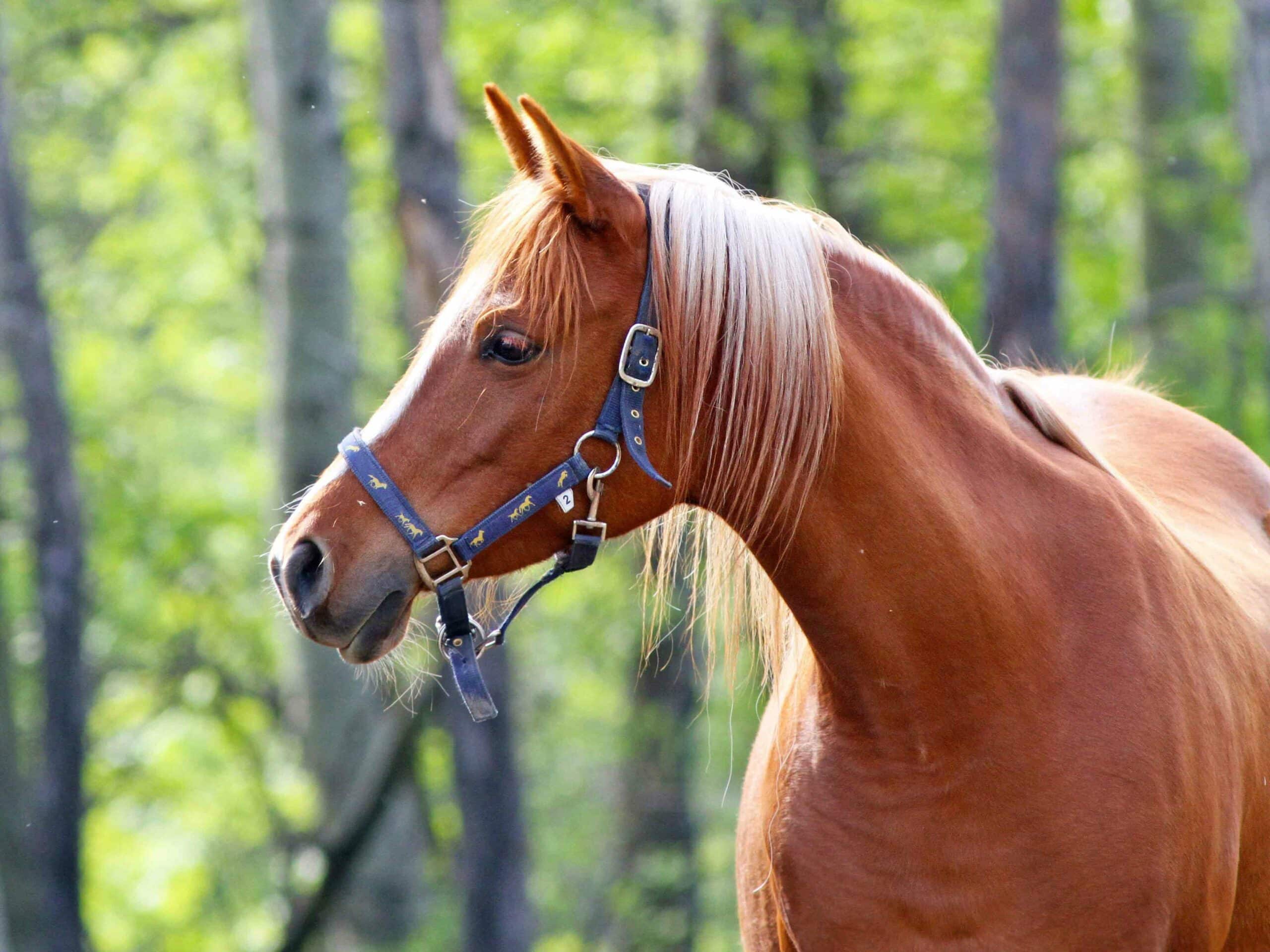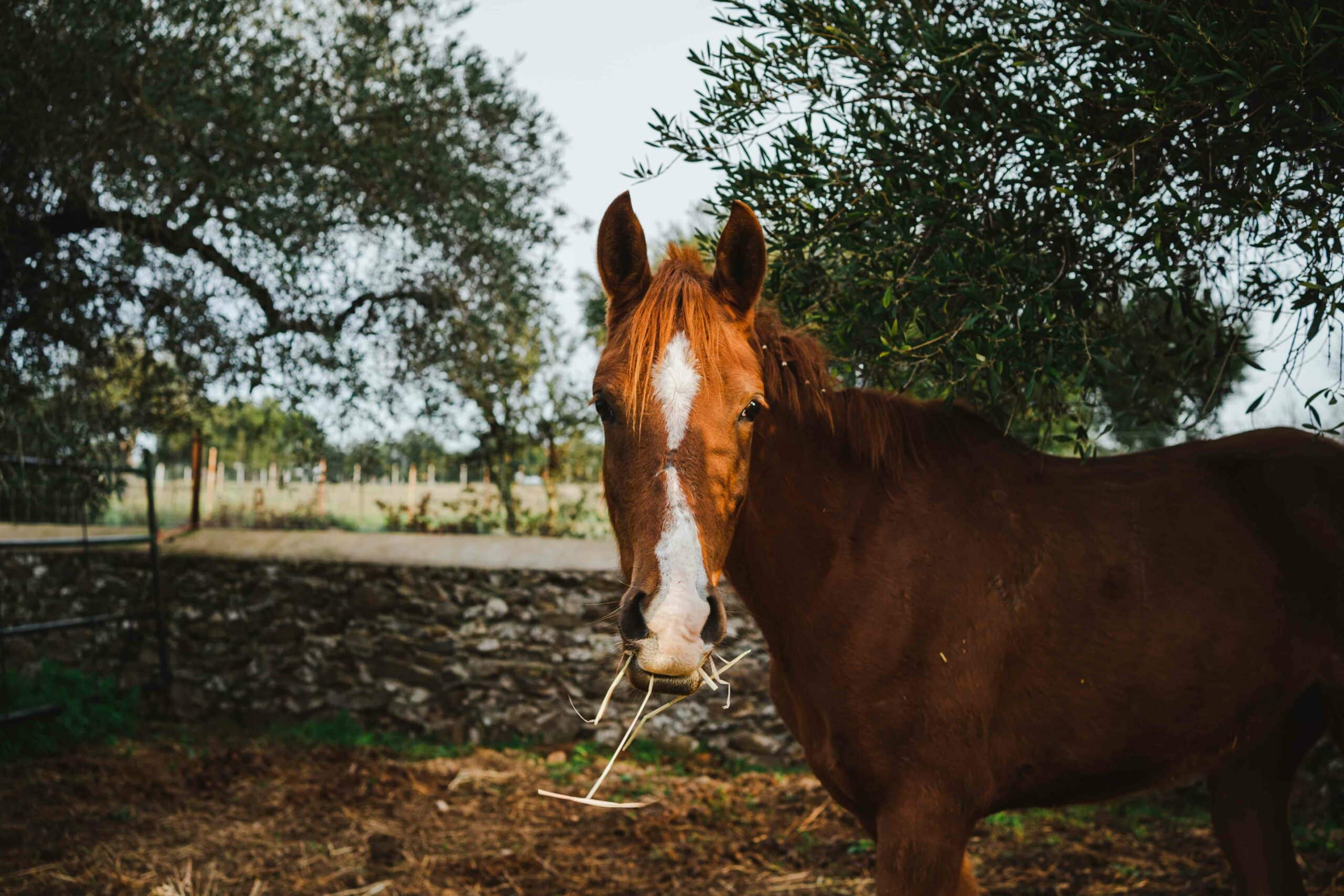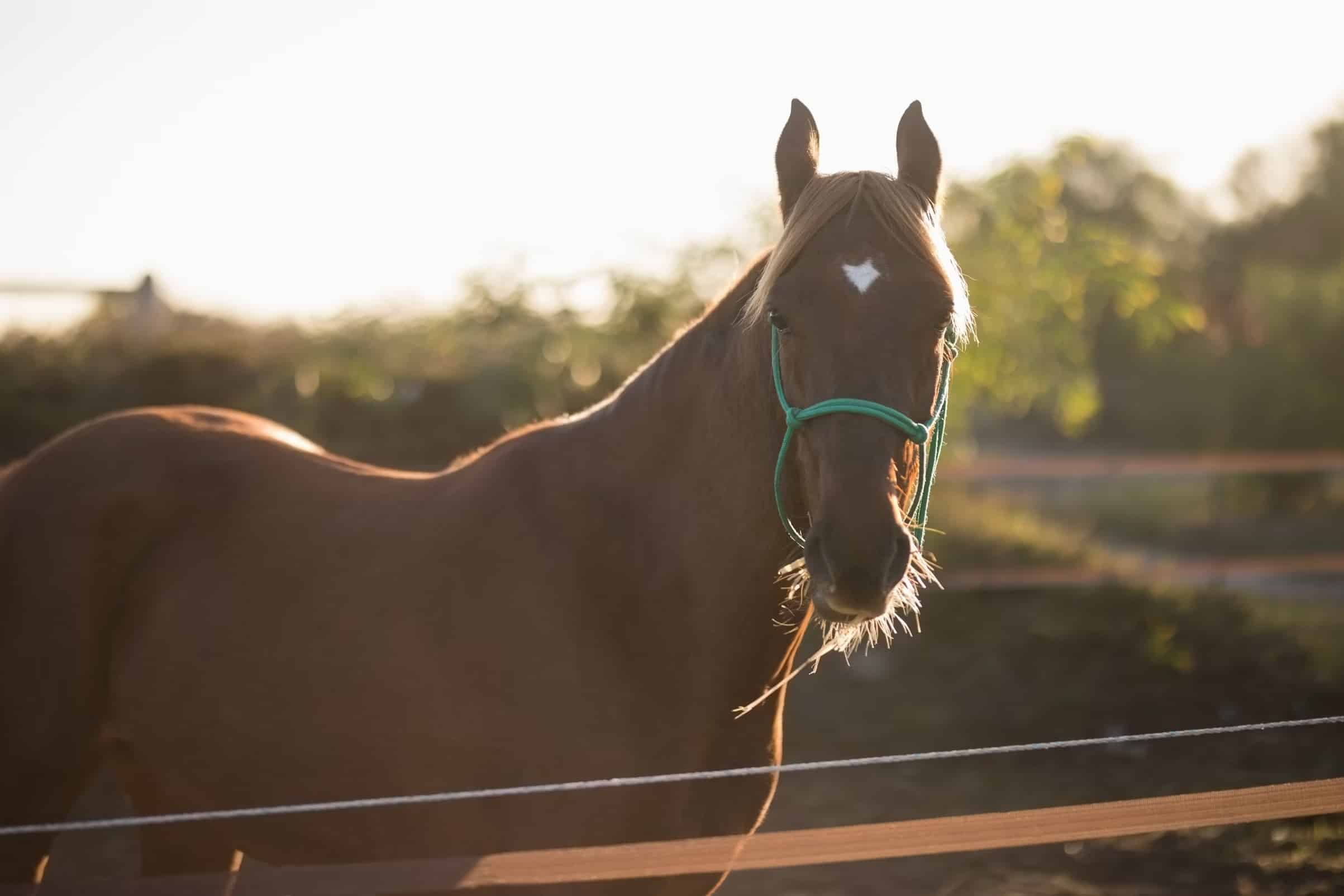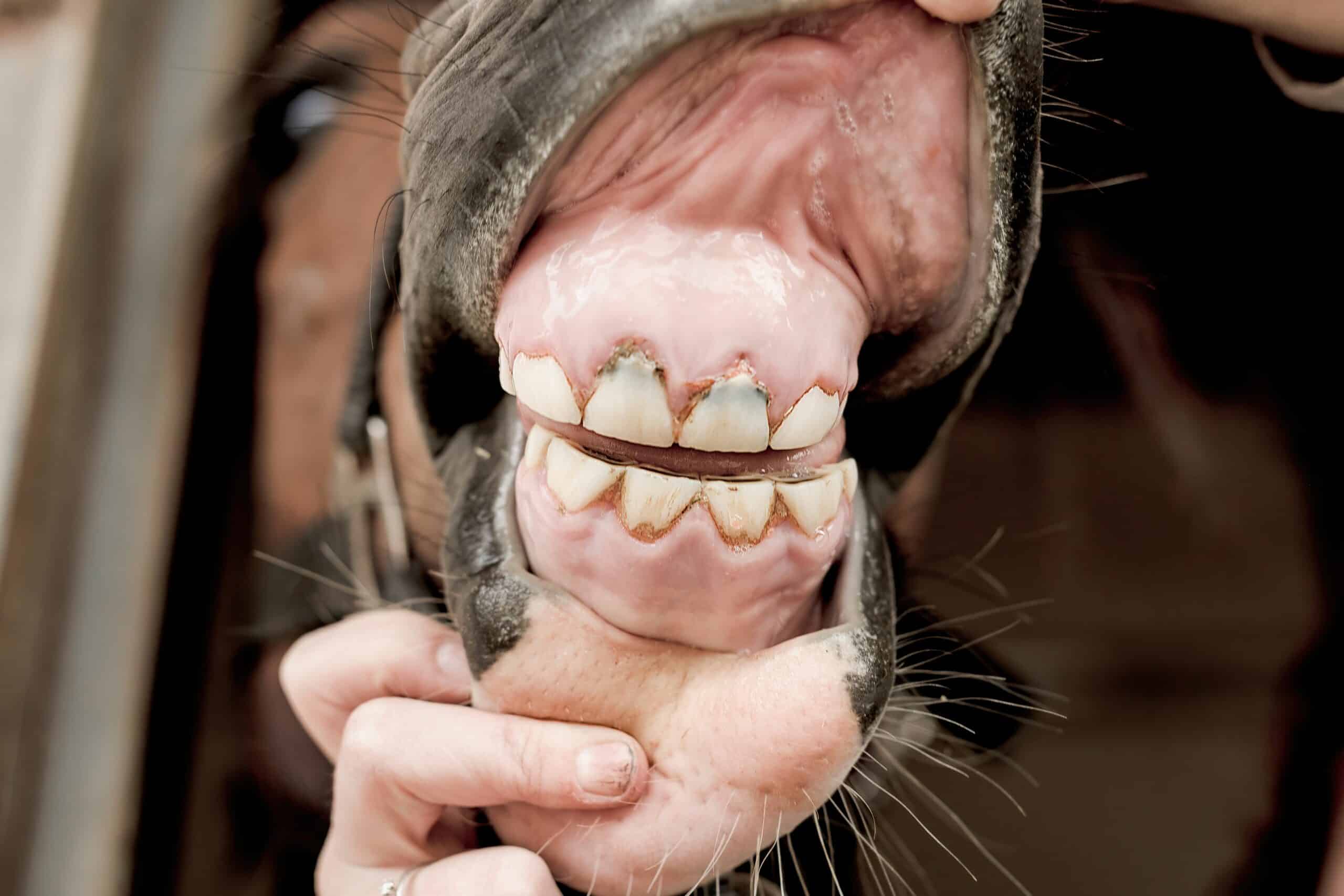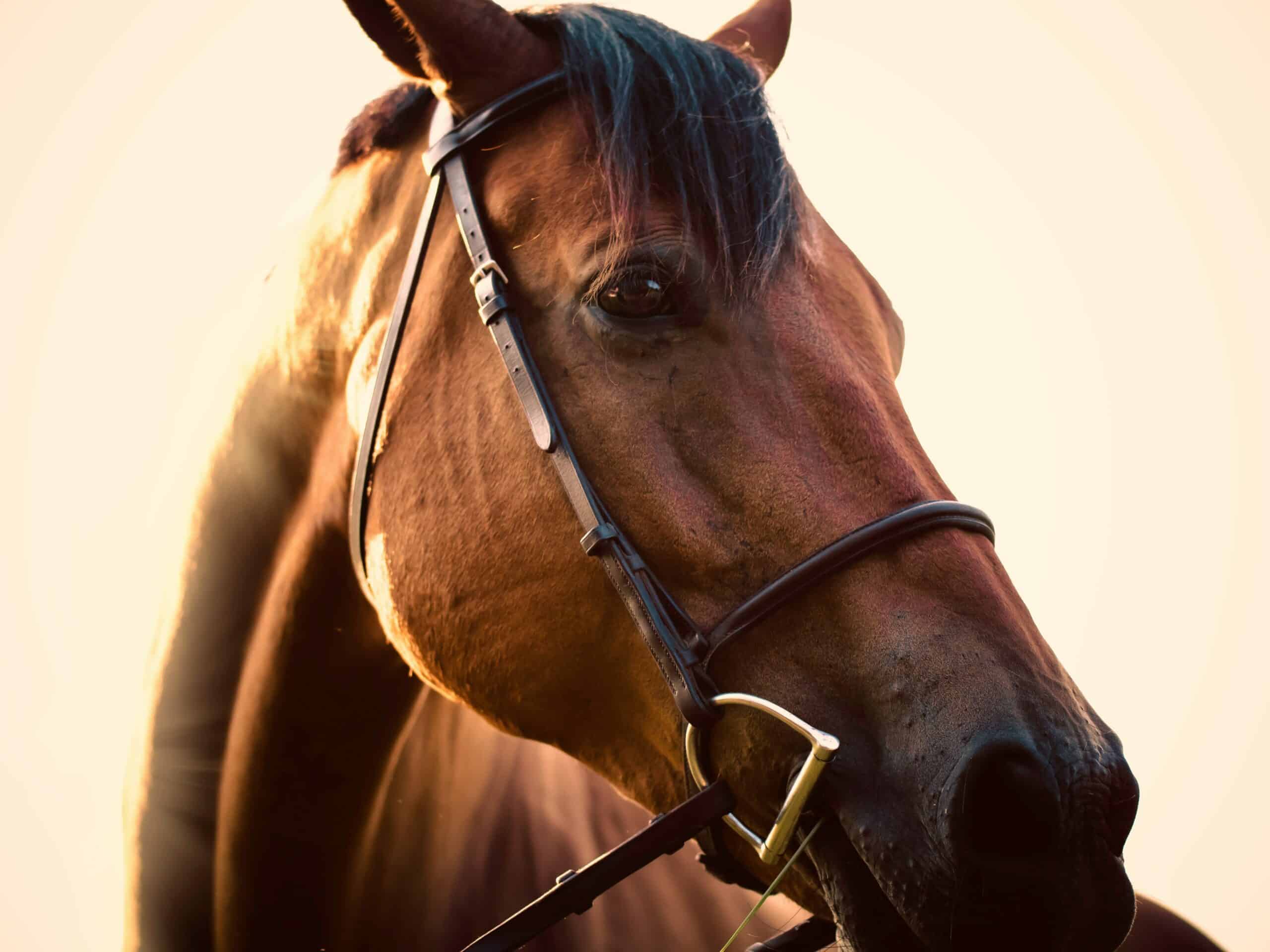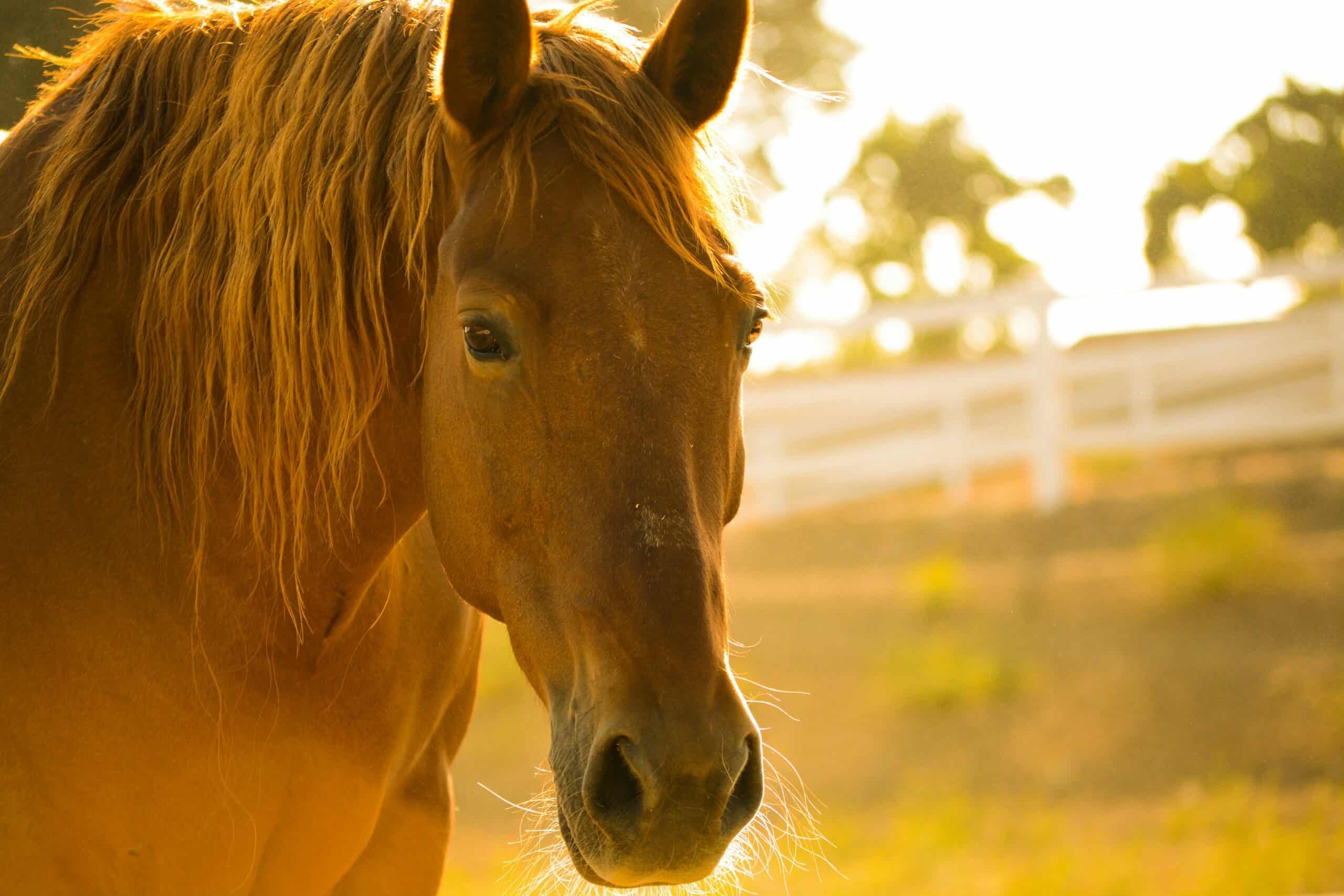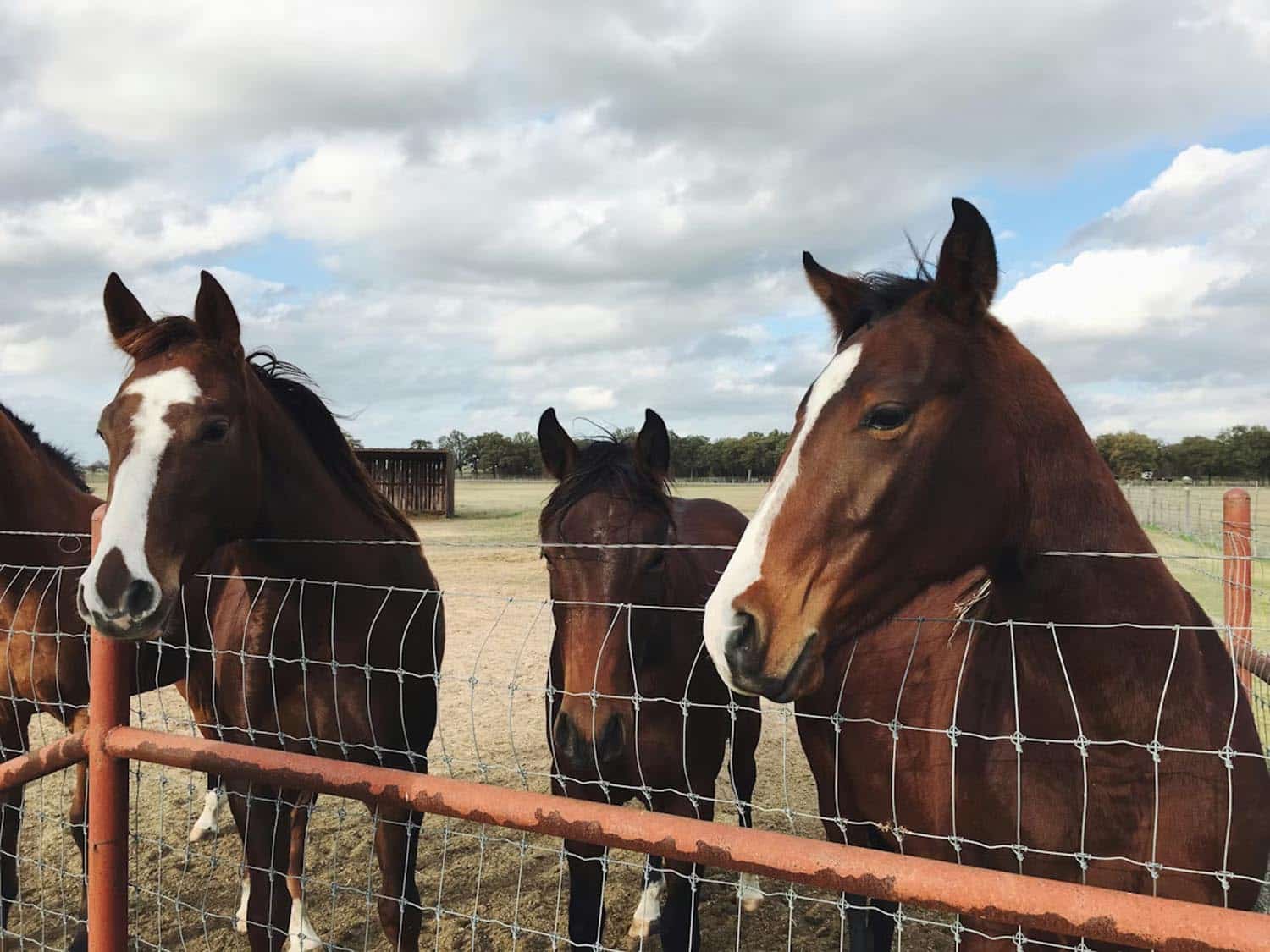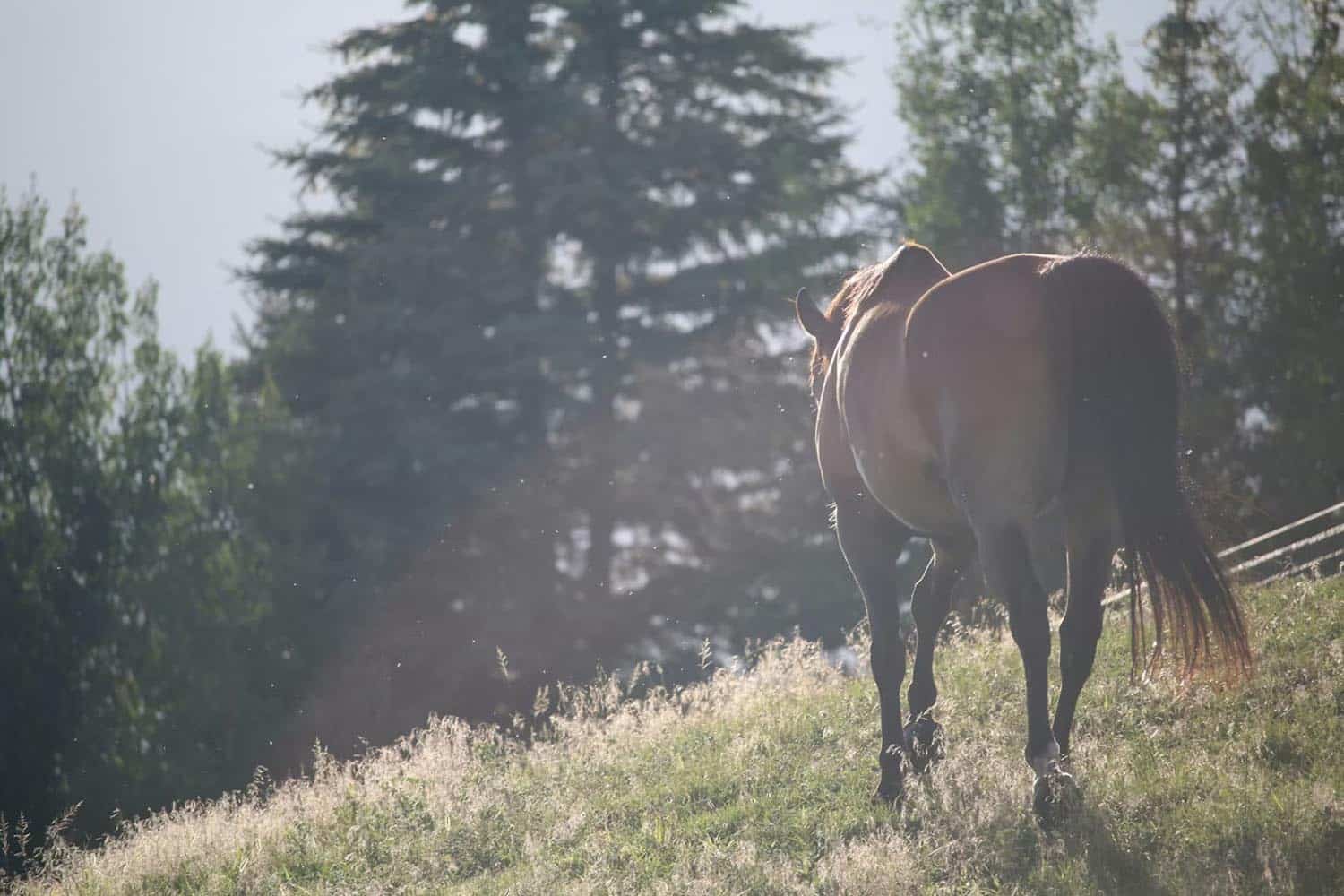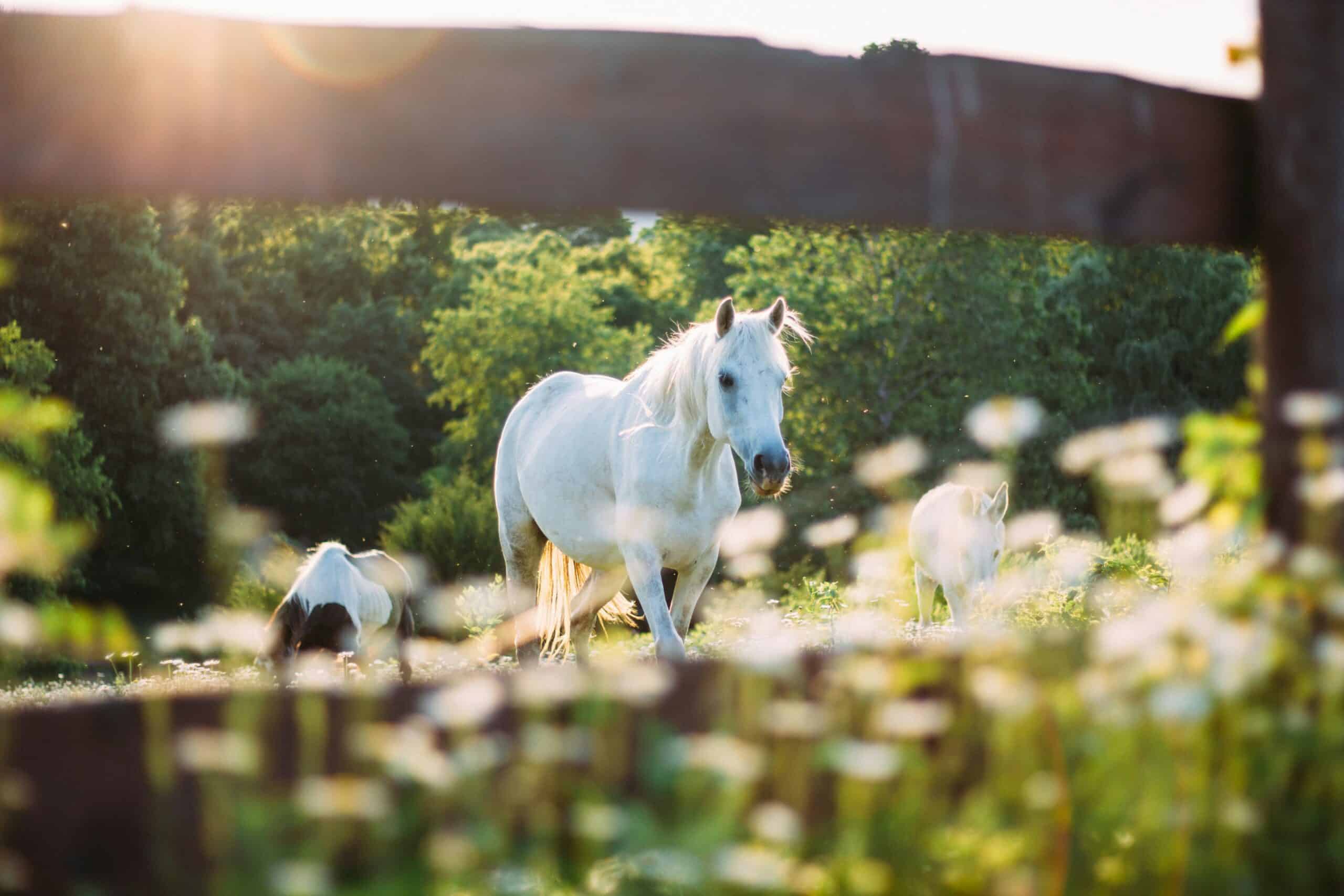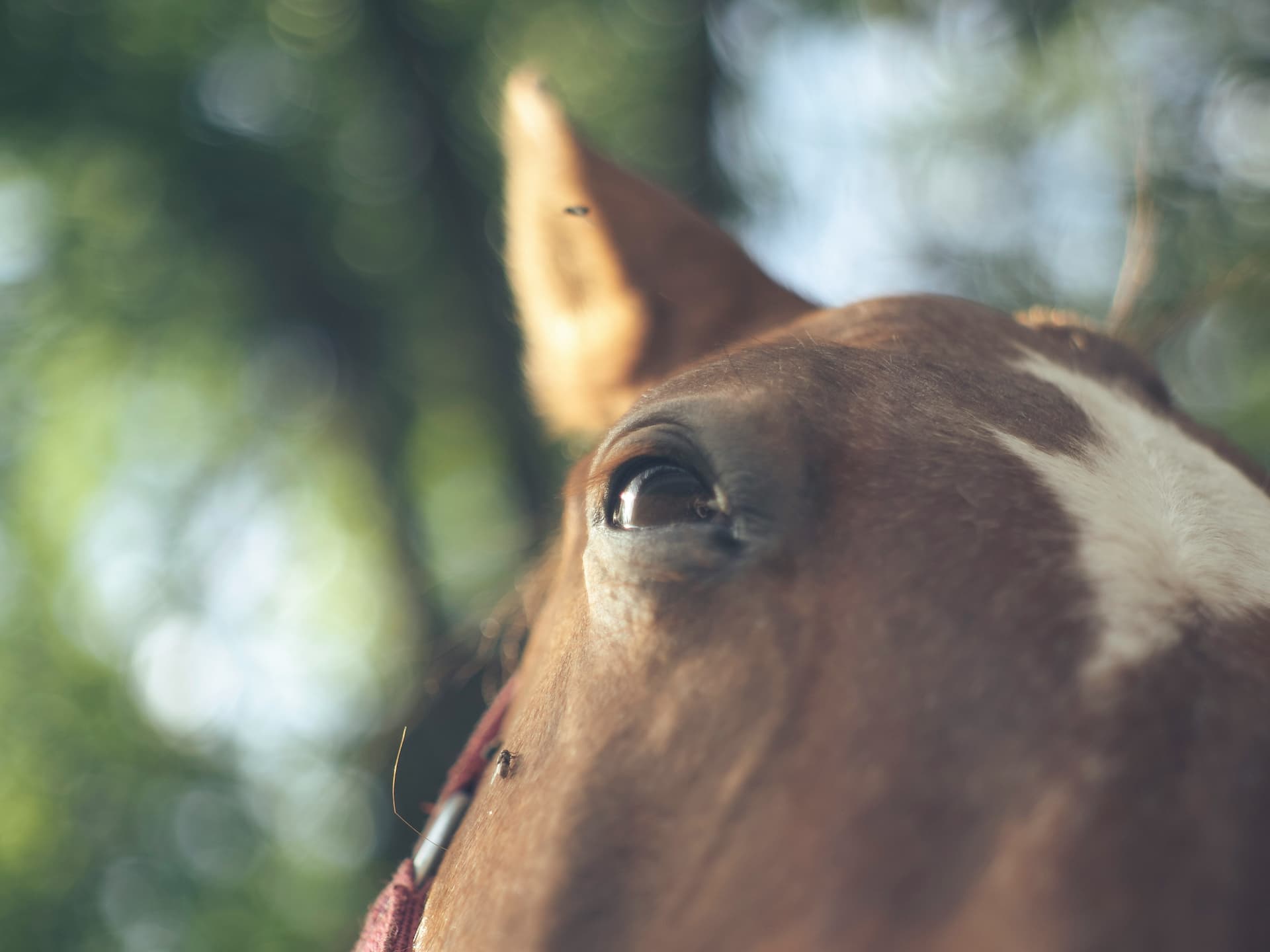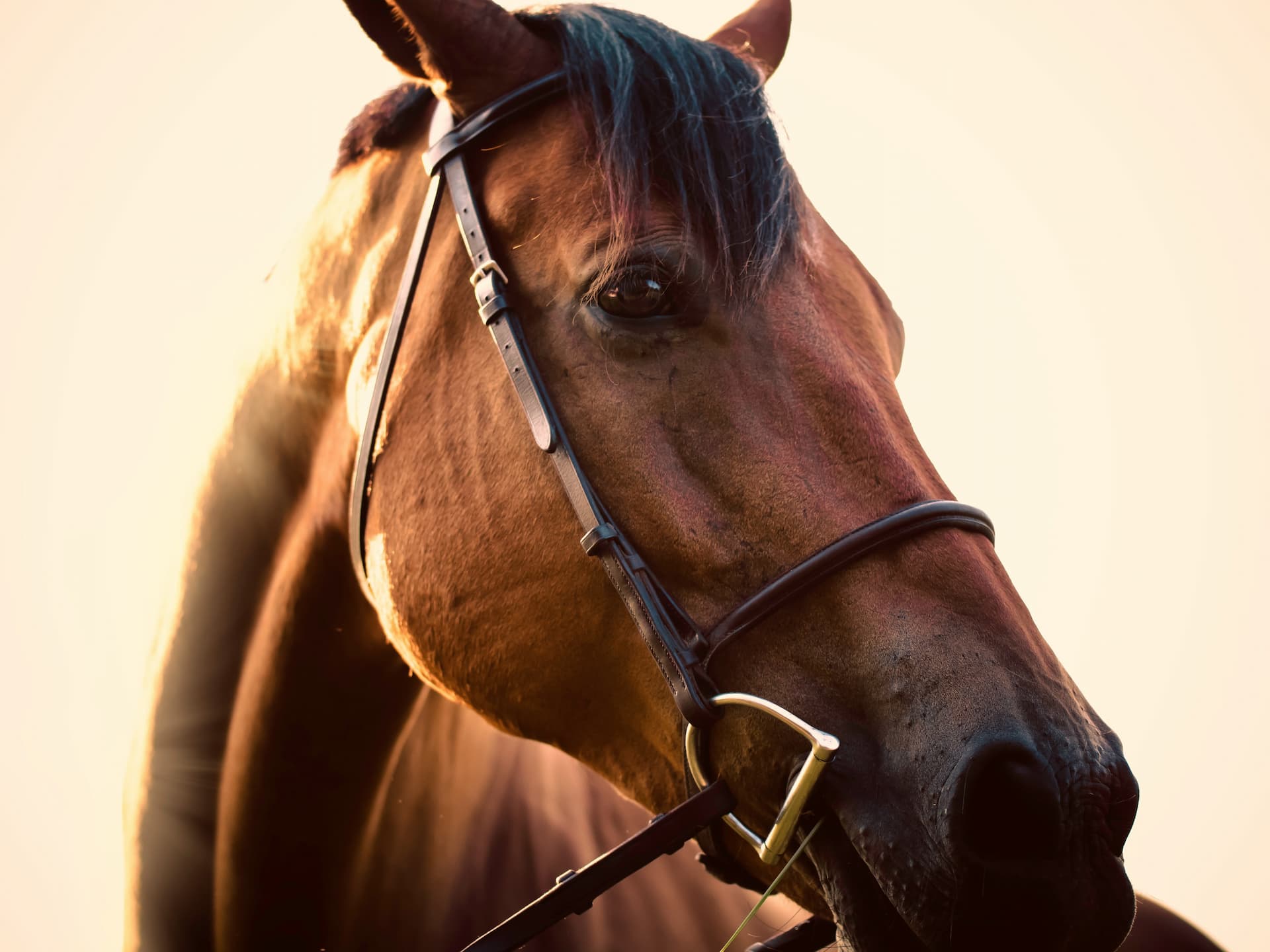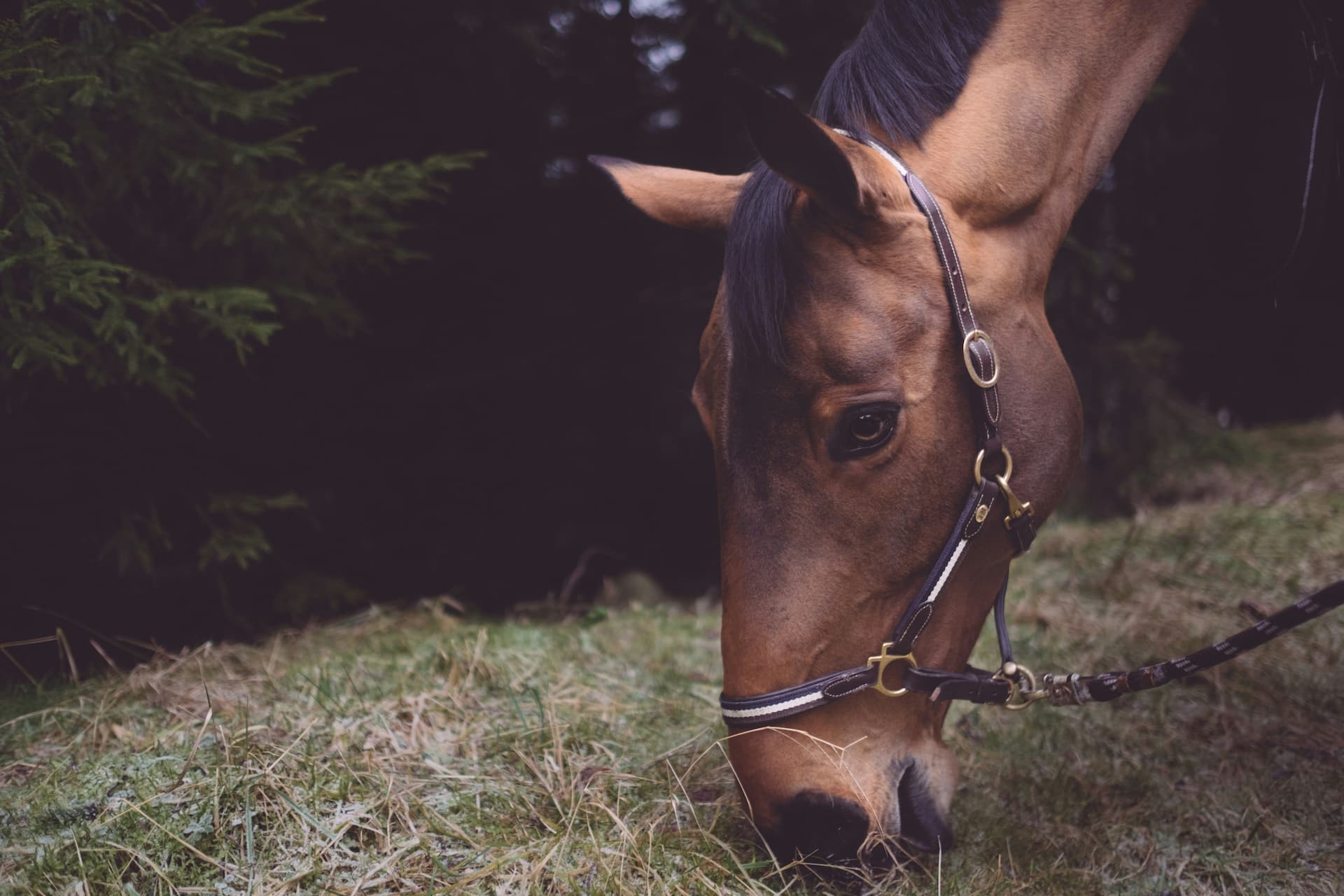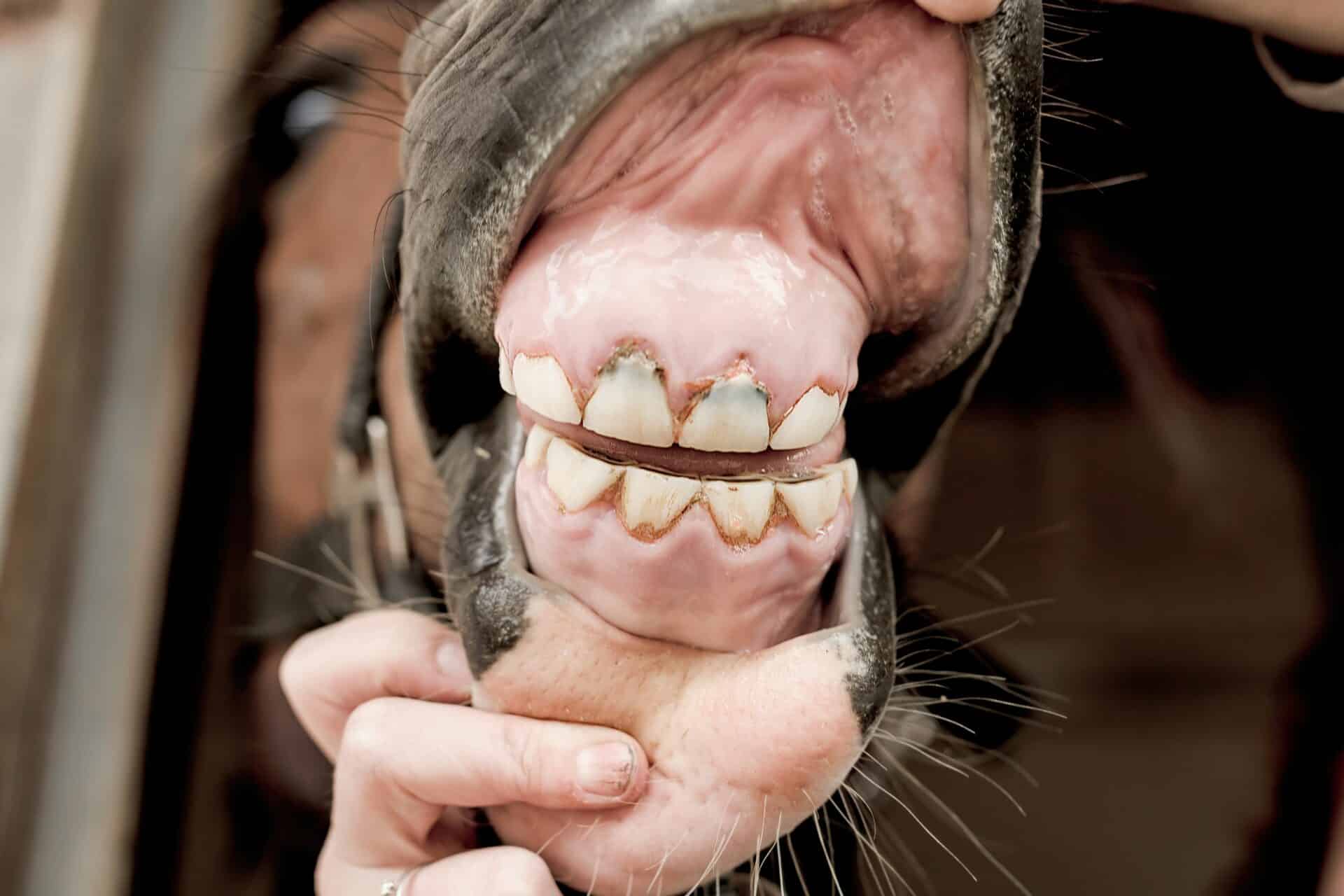
Equine Dentition: Caring for Your Horse’s Teeth
February is National Dental Health Month, making it the perfect time to focus on your horse’s oral health. Routine dental care is a key part of keeping your horse happy and healthy for years to come. Poor dental health can lead to issues such as pain, reduced feed intake, and decreased performance.
At Shalako K | Veterinary Medicine, we are proud to serve horse owners throughout North Central Texas, providing expert equine dental care right where you are. In this article, we’ll cover the essentials of equine dentition and how to ensure your horse’s teeth remain in excellent condition.
Anatomy of the Equine Mouth
Like humans, horses have two sets of teeth over their lifetime. Their first set, known as deciduous or baby teeth, lasts until approximately 2.5 years of age. Afterward, these teeth are replaced by a permanent set of adult teeth, with most horses having a full set by five years old.
An adult horse typically has between 36 and 40 teeth, which include incisors, premolars, and molars. Some horses, especially males, may also have canine teeth, but these are less common in mares.
As grazing animals, horses rely on their incisors to grab food, while the flat surfaces of their premolars and molars grind it for consumption.
Problems Associated with Poor Dental Health
Dental health issues in horses can lead to significant discomfort and impact their overall well-being. Common problems treated by veterinarians include:
- Sharp enamel points along the cheek teeth
- Excessive tooth wear
- Tooth abscesses
- Fractured teeth
- Periodontal disease
These issues can cause pain while eating, leading horses to drop feed, consume less, and potentially lose weight. Improper chewing can also result in poor digestion and an increased risk of choking, as large, undigested feed particles may appear in their manure.
Taking Care of Your Horse’s Teeth
At Shalako K | Veterinary Medicine, we follow the recommendations of the American Association of Equine Practitioners, which suggest annual oral exams for horses aged 5 to 20. For horses with a history of dental issues, more frequent exams may be necessary.
During an oral exam, our team evaluates your horse’s teeth for sharp points, wear patterns, and any signs of loose or fractured teeth. If needed, we perform dental floating to smooth sharp edges and prevent irritation. These services are available directly at your location, ensuring minimal stress for your horse.
If your horse exhibits signs of dental problems—such as dropping feed, foul odors from the mouth or nose, facial swelling, or pain when bridled—it’s crucial to schedule an evaluation promptly.
Service Areas
We proudly provide equine dental services throughout the North Central Texas region, including a 60-mile radius from Pilot Point, Whitesboro, Denton, Gainesville, Sanger, Valley View, Collinsville, and Celina.
Final Thoughts
Caring for your horse’s teeth is essential for their health, comfort, and performance. If you have questions about equine dental care or would like to schedule an appointment, contact us today.
📞 Call us at (214) 551-5334
🌐 Visit us at shalakovetmed.com
Let us help your horse maintain a healthy mouth and overall wellbeing!
